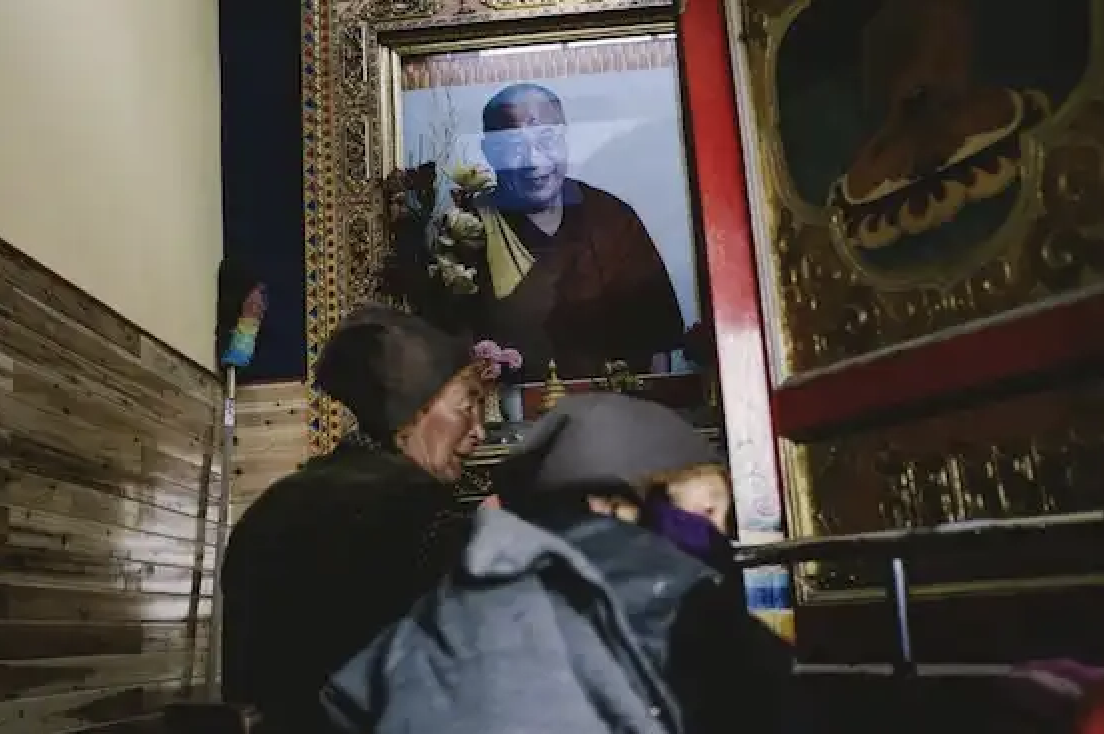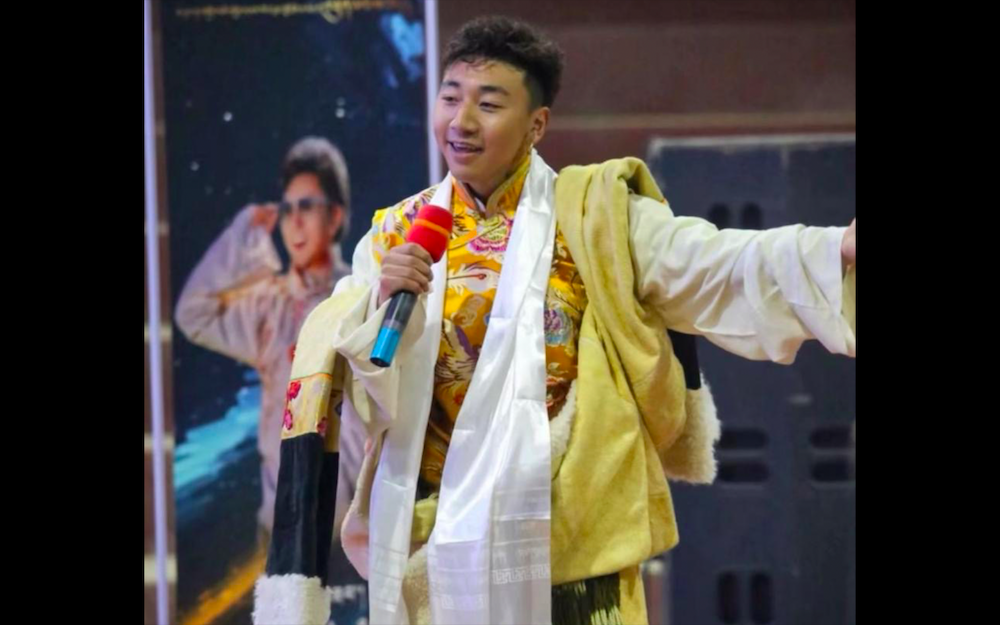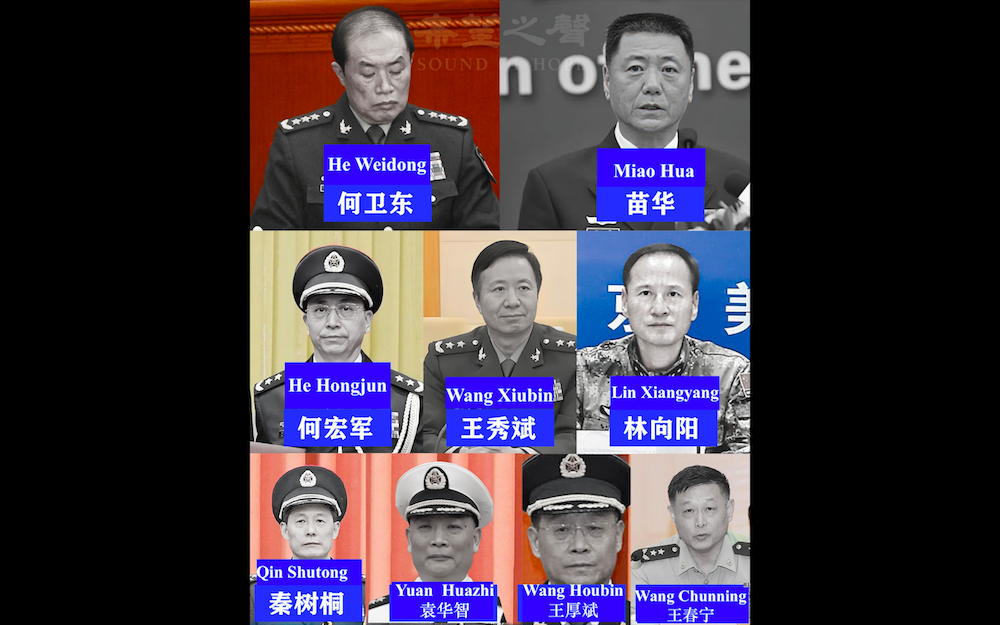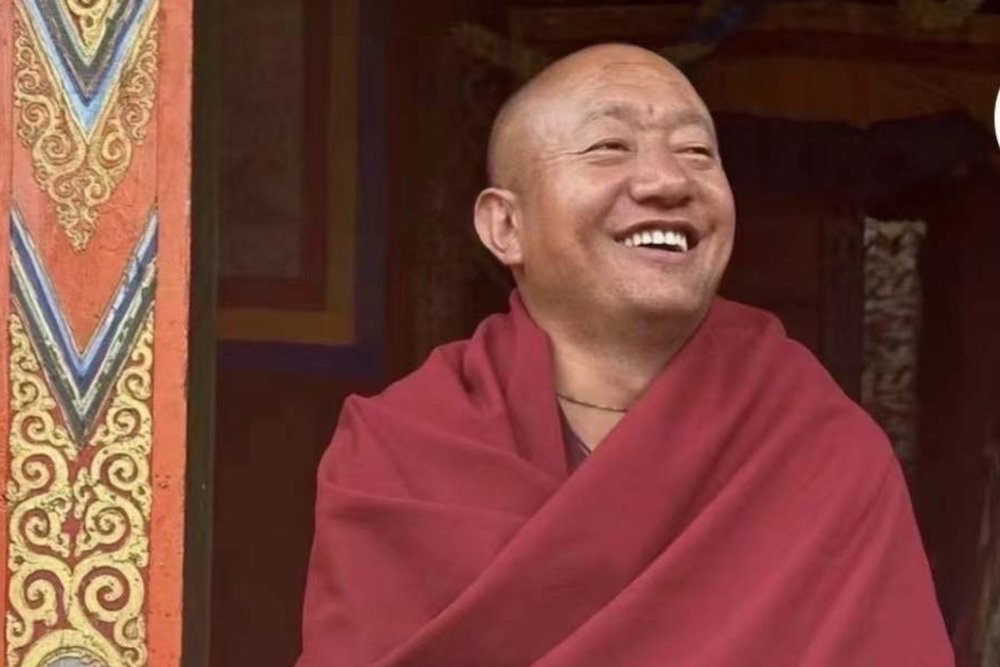A Christian charity organization called Aid to the Church in Need* recently came out with a report on religious freedom in Asian countries. The dossier on Religious Freedom in Asia gave separate accounts on the state of religious freedom in China and Tibet during 2005. Following is an excerpt from the report:
Tibet
Control over Tibetan Buddhism continued throughout 2005 with arrests, torture and sentencing.
On Nov. 21 Manfred Novak, the U.N. Special Rapporteur on torture, arrived in China for a 12-day visit to verify the use of torture in prisons. The last visit addressing this issue dates back to the early 1990s.
Novak visited a number of Chinese prisons, among them Lhasa (the capital of Tibet), Urumqi and Yining, in Northern Xinjiang, inhabited by the Uighurs who are mainly Muslims.
In a press conference held at the end of his visit, Novak said that the use of torture is widespread in China, and many trials are not fair.
The majority of Muslims are concentrated in the autonomous region of Xinjiang. They belong to the Uighur ethnic group that originated in Turkey.
China justifies this violence as the battle against Islamic terrorism. Yet, the United Nations and various international human rights organizations have condemned the manipulation of the battle against terrorism.
Persecution of the Falun Gong began after April 25, 1999, when over 10,000 followers protested peacefully in Beijing against the violation of their rights. Since then, the Falun Gong has reported over 38,000 cases of imprisonment, torture and death.
In April 2005 the Falun Gong reported numerous arrests in the provinces of Shandong, Jiangxi, Sichuan and Inner Mongolia.
China
2005 saw China’s attempt to appear fully legal in its attitude to religious expression in the eyes of the international community.
On March 1 the New Regulations (NR) for religious activities were passed. This, however, did not prevent the government from arresting believers and religious personnel; from torturing members of various communities; destroying or confiscating places of worship, as well as forbidding the young from attending schools, imposing restrictions or forbidding contact and movement within the country and abroad.
Many religious communities are waiting for official recognition from the authorities: the Orthodox Christian communities, the Bahais, the Jews and the Mormons.
According to statistics provided by the Chinese Communist Party (CCP) Department of Propaganda, about 20 million of the 60 million members of the Communist Party believe in a faith, and about 10 million regularly attend churches or temples.
In an attempt to oppose the religious surge within its ranks, the CCP has launched a campaign to spread atheism using the radio, television, the Internet and university seminaries. It also financed a $25.5 million campaign to revitalize the growth of Marxism.
Among the underground religious communities, the most targeted area is Hebei, where there are more than 1.5 million Catholics.
Bishop Giulio Jia Zhiguo of Zhengding, in Hebei province, was periodically kidnapped by the police during 2005. Bishop Jia was arrested in January, July and November, and is now held at a secret location.
Before and after the death of Pope John Paul II, the police arrested various bishops, priests and secular people belonging to the underground Church. In particular, Auxiliary Bishop Yao Liang of Xiwanzi was arrested March 31, 2005.
Relations with the Holy See have been characterized by inconsistency and ambiguity.
During the last days of John Paul II, a spokesman for the Foreign Office expressed best wishes for the Pontiff’s health. The government, however, did not send a representative to the Pope’s funeral, nor did the Patriotic Association allow a delegation to attend.
In the months that followed the election of Benedict XVI, a number of groups of priests and secular Chinese arrived in Rome to greet the Pope during public audiences, but it was later discovered that the Patriotic Association had not been informed about these meetings.
In 2005 the unofficial Protestant churches were at the center of a campaign addressed at eliminating them, also involving the arrest of their ministers.
In November, U.S. President George Bush visited China, and participated in a liturgical service held at the official Protestant church in Gangwashi.
*Aid to the Church in Need” is an international pastoral aid organization of the Catholic Church, which yearly offers financial support to more than 8,000 projects worldwide.









